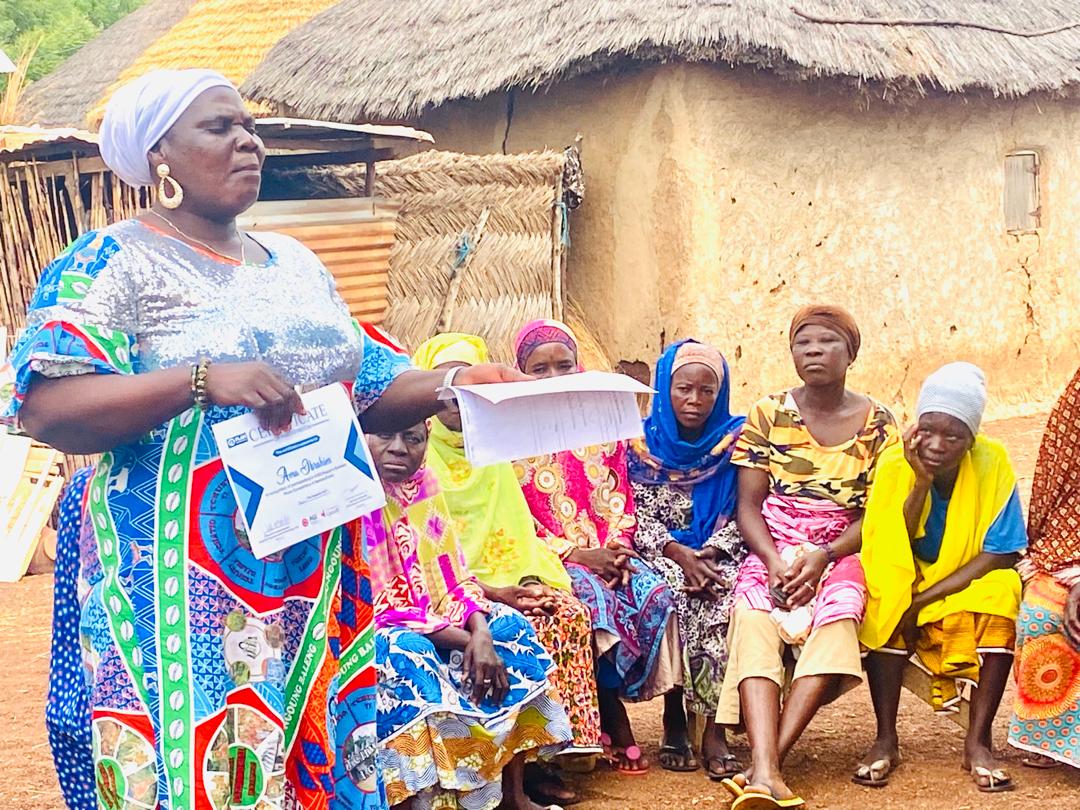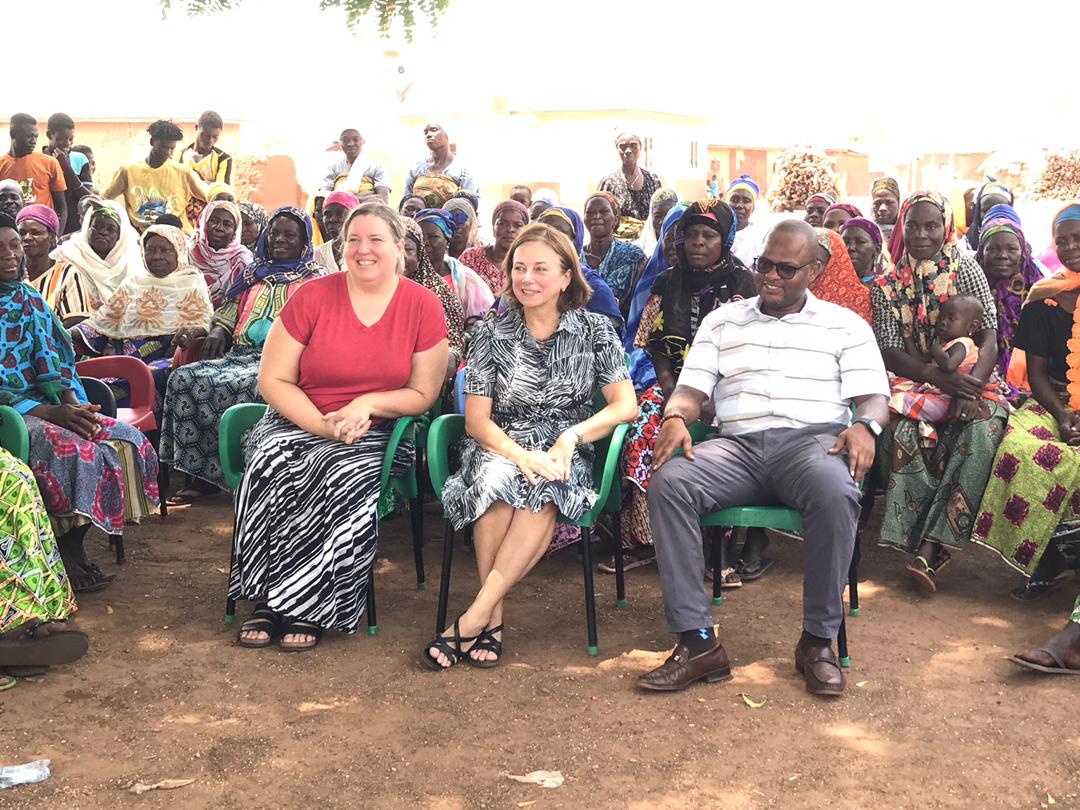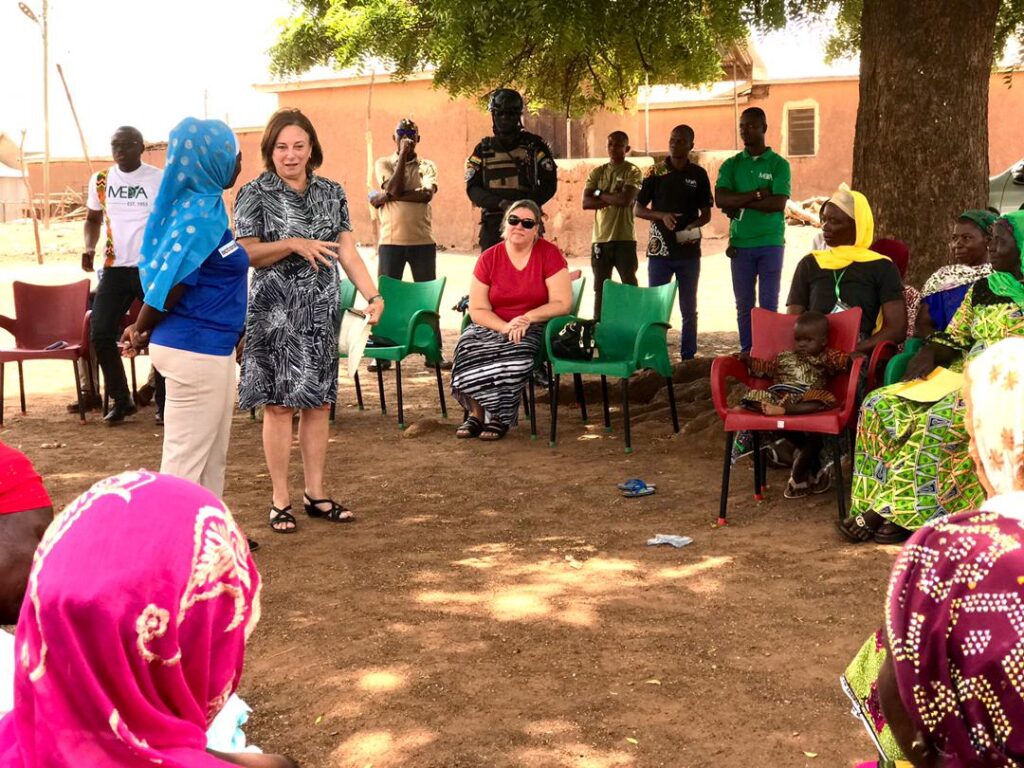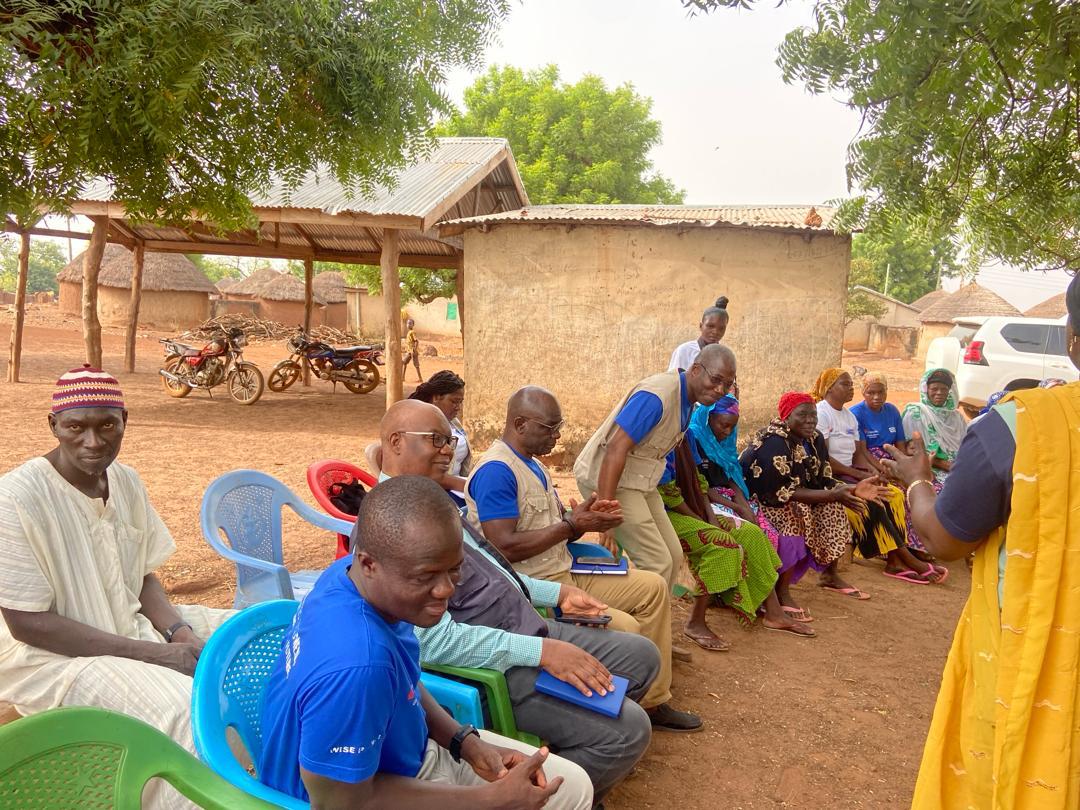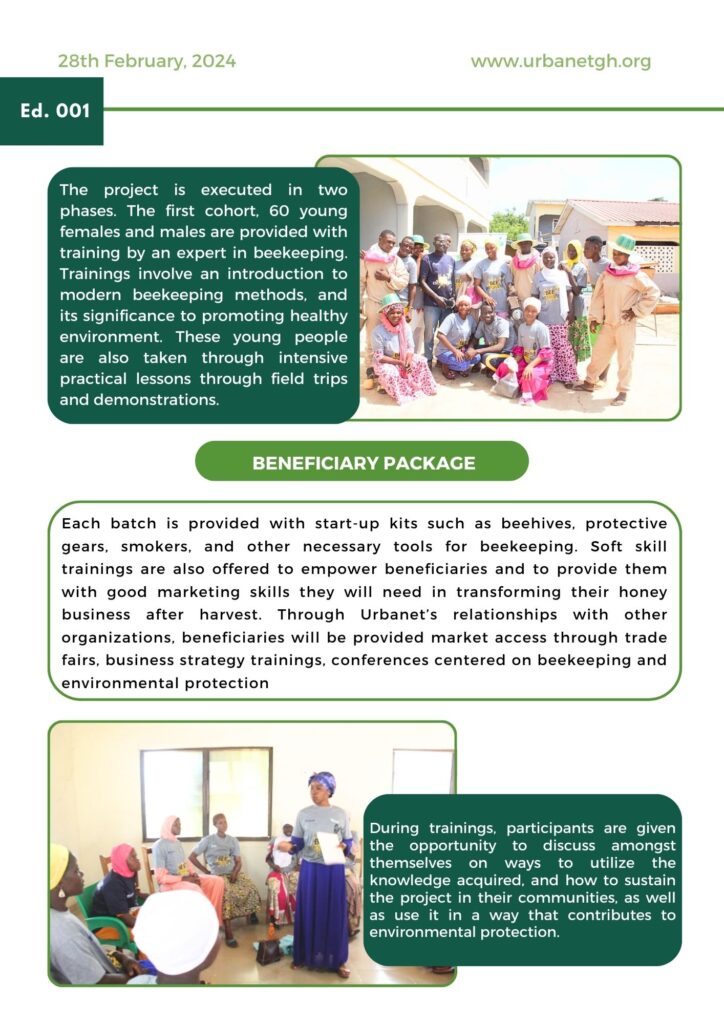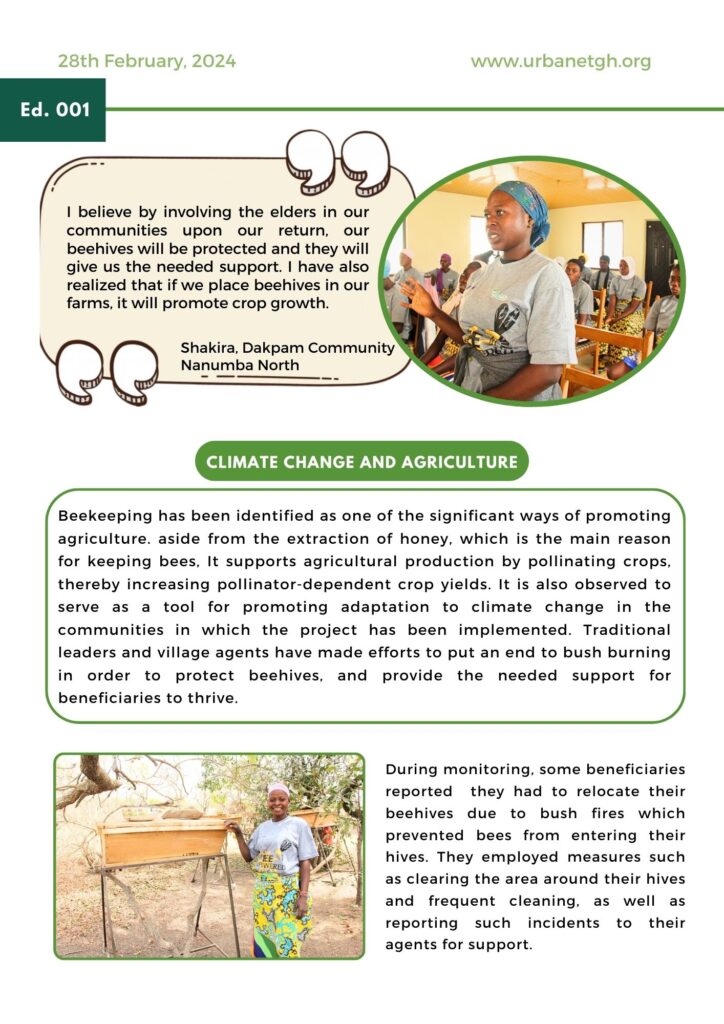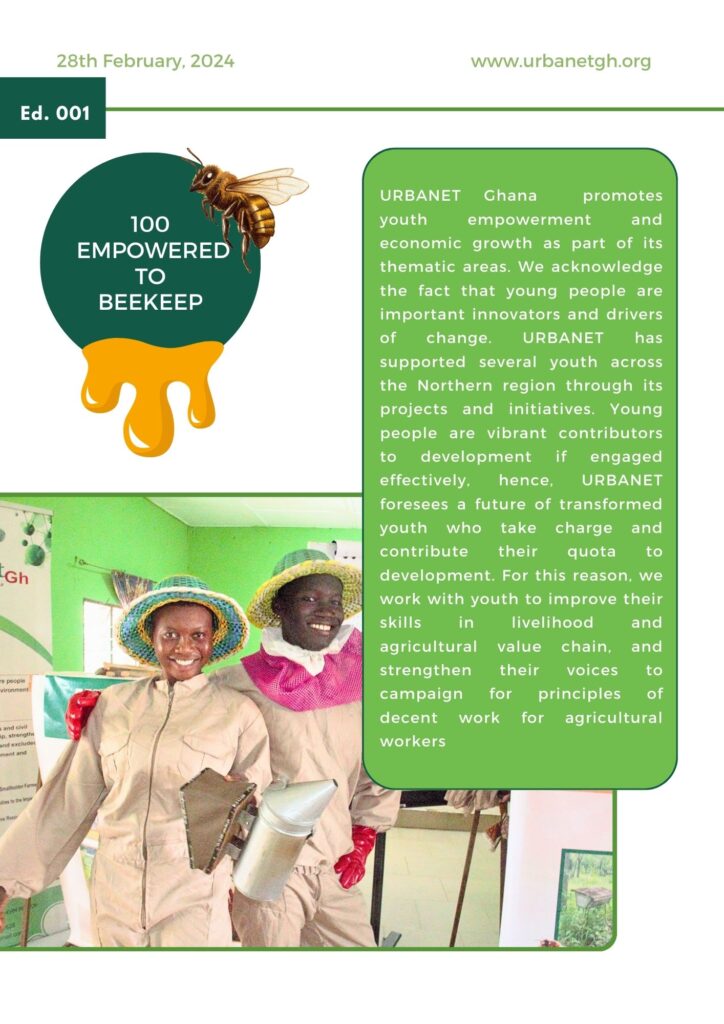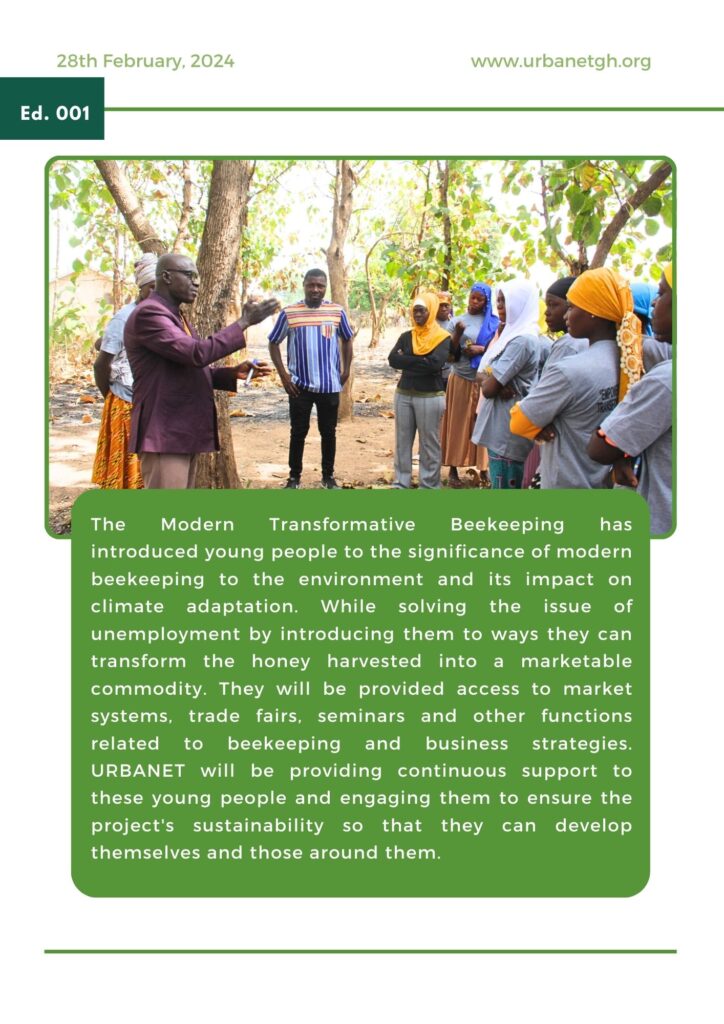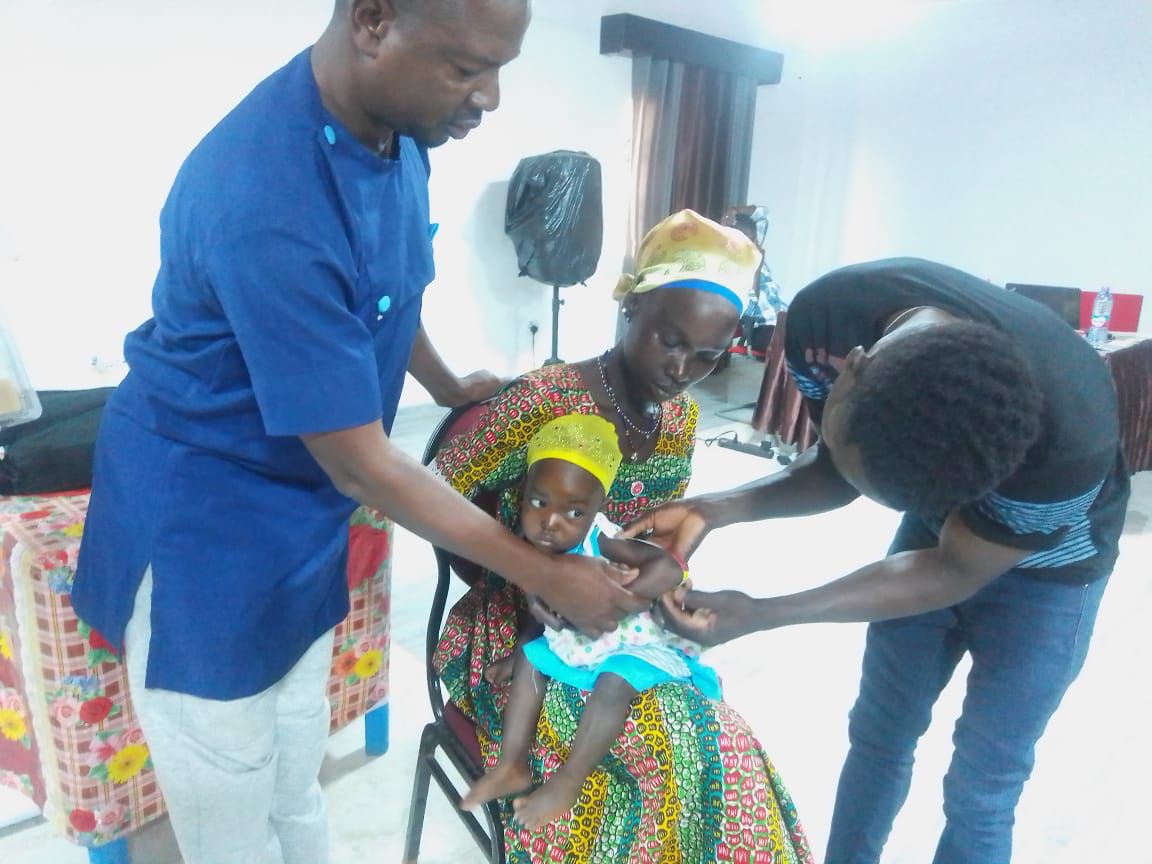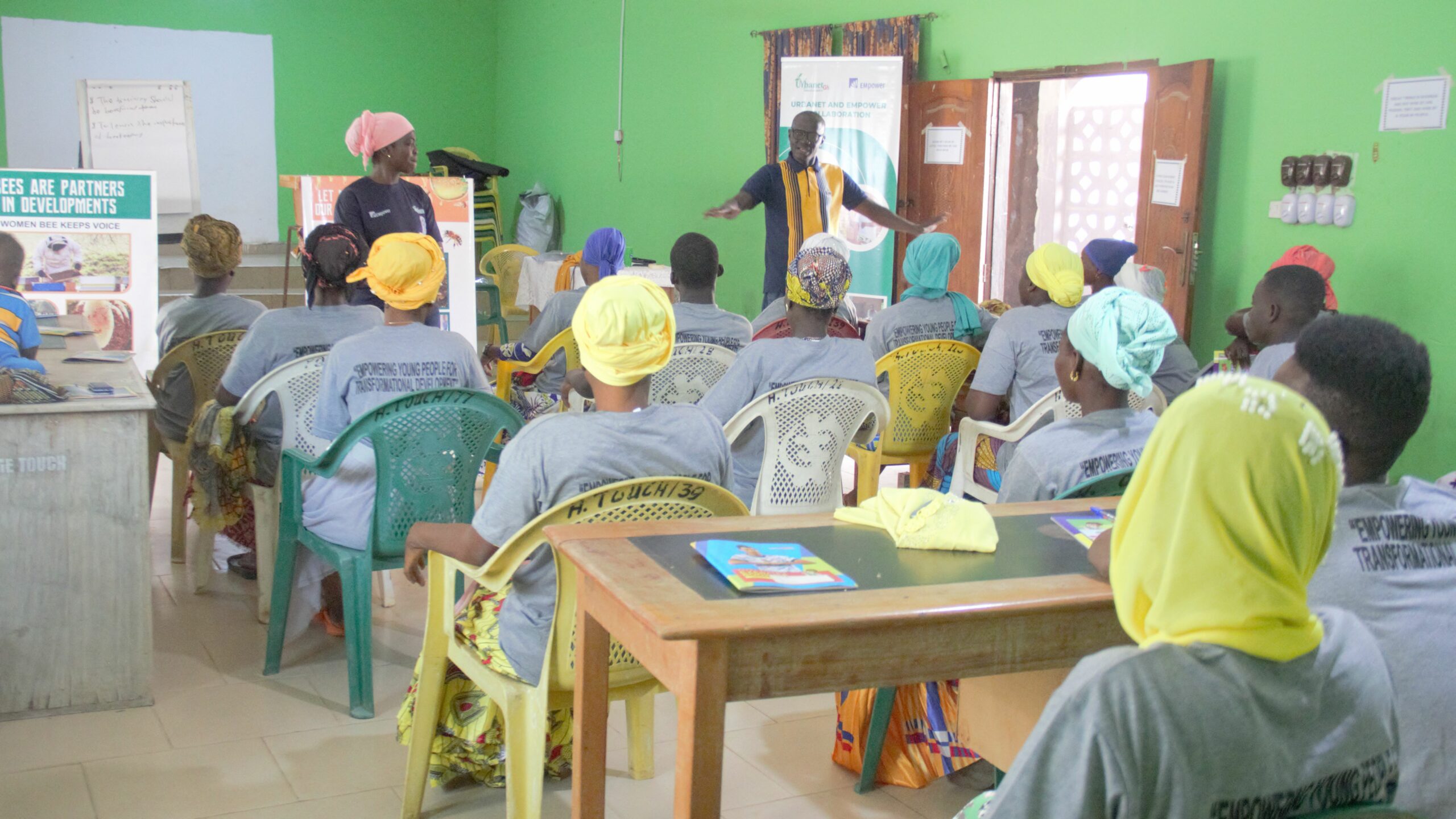A major component of the Women Innovation for Sustainable Enterprises (WISE) project is alleviating poverty and ensuring economic empowerment for women. The project has, since its inception, provided step-down training, innovative saving methods, and business and entrepreneurial strategy training, among others, to equip women smallholder farmers and aggregators to transform their farming activities and livelihoods into profitable agribusinesses. Through start-up support, a lot of women have been able to secure businesses for themselves, while others have transformed already existing businesses to meet wider market standards.
Over the years, a few of these beneficiaries have become exceptional entrepreneurs, and some of them have participated in competitions where they pitched their businesses in the country’s capital. These women have been selected to serve as mentees and advocates in their communities. To ensure that a ripple effect is seen across the districts, these mentees have been allowed to engage in some savings groups within the Kumbungu and Tolon districts, sharing their entrepreneurial journeys and insights.
This experience-sharing is not just about networking; it is a platform for growth, empowerment, and learning new strategies to navigate the business world. They also engaged them in proper savings strategies that can be used in transforming their businesses, setting goals, and how to achieve them. The purpose of using mentees for this engagement was to ensure that, the rural women understood they could also succeed if they put their minds to their businesses. And to also provide them with a sense of hope and boost their morale, knowing that people from amongst them have been able to go this far.
To ensure the sustainability of the project, we are aiming at getting as many advocates and mentees as possible within each community of implementation and equipping them with the needed skills to support and uplift others. The aim of URBANET is not just to support and provide relief to an entire community within our districts of influence, but to ensure that a considerable number of women are effectively transformed and serve as ambassadors in their communities.

